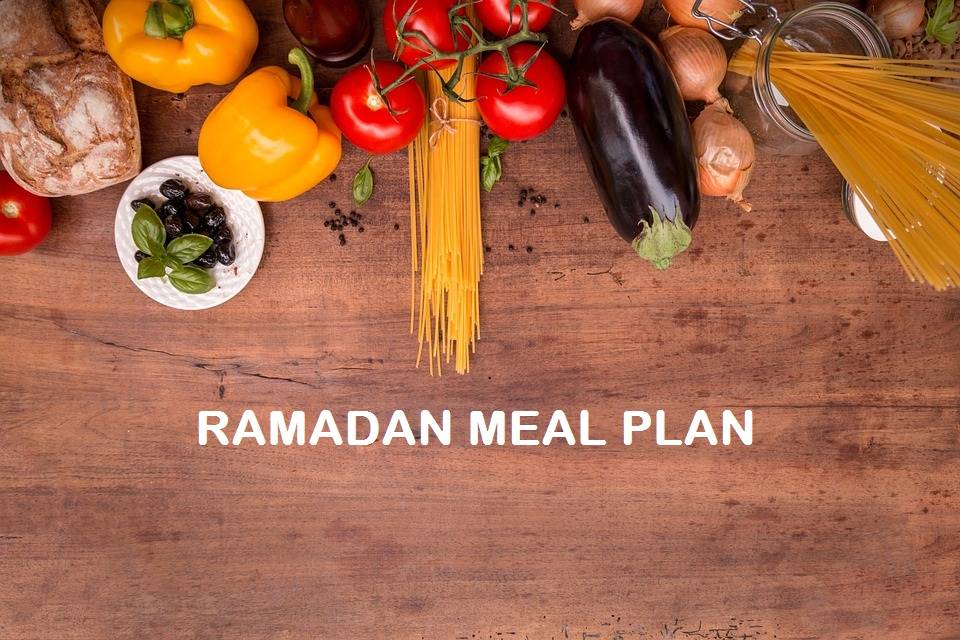
The excessive blessings of Ramadan get manifold if we set our routines right either for Ramadan meal plans or prayers. The exciting duration of the month needs ample patience as Muslims are required to refrain from food and drinks for longer hours. Along with spiritual preparations, people get preoccupied with many lavish dishes without even thinking about the after effects they could have afterward.
In this post, we are discussing a healthy Ramadan meal plan strategy that is great to continue for the whole month leading to have lasting energy throughout the day.
Choose a nutritious diet

It can be really challenging to follow the track of proper nutrients during this month and avoid health risks such as headaches, dehydration, low blood sugar levels, dizziness, and fatigue. But undoubtedly, the blessed month of Ramadan is a great time to break the long stayed chain of bad eating habits. Thus it is incalculably good to reap the full-fledged benefits out of these thirty days.
In order to maintain a balanced and nutritious diet, one should make a Ramadan meal plan from the major food groups that could equally be distributed in the meal times of suhoor and iftar.
The substantial food groups to consider in the meal plan are:
- Group 1: Fruits and vegetables
- Group 2: Bread, cereals, and potatoes
- Group 3: Meat, fish, and chicken
- Group 4: Dairy products like milk and cheese
- Group 5: Foods with fat and sugar
Rich and healthy pre-dawn meal

Suhoor (the pre-dawn meal) is greatly essential to stay energized throughout the day. So this meal should consist of a wholesome meal providing the long-lasting strength. The complex carbohydrates and high-fiber foods are best to intake as they release energy slowly throughout the day. A major example of these foods includes whole-wheat, oats, beans, and rice. However, make sure to include fruits and vegetables as they encompass fiber and get digested slowly.
Other than food, don’t forget to have a suitable amount of water and fluids containing vitamins and minerals. In the healthy meal plan, including fresh fruit juices instead of caffeinated drinks that are diuretic and lead to rapid water loss via urination process and could cause dehydration.
Lighter and refreshing post-dusk meal
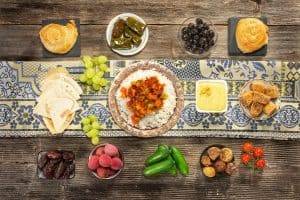
The Muslims break their fast either with dates or water and afterward get to the Iftar meal. Obviously, the intake of water and dates helps in restoring of sugar and salt level and re-hydrate the body momentously.
So in the post-dusk meal, maintain a healthy routine avoiding deep fried stuff and high sugar/high fats food. Instead grab up healthy alternatives like baked samosas, spring rolls, oven potato chips, and others. To give the treat to taste buds, one can also include grilled or baked chicken/fish more often in the Ramadan meal plan.
In a few words, balanced food is crucial to get great benefits from the month of Ramadan where the whole diet should be light and simple but not a feast. Taking the right quantity of food will really prevent you from muscle breakdown leading to an active routine when you have to stand for long hours of Taraweeh and prayers.

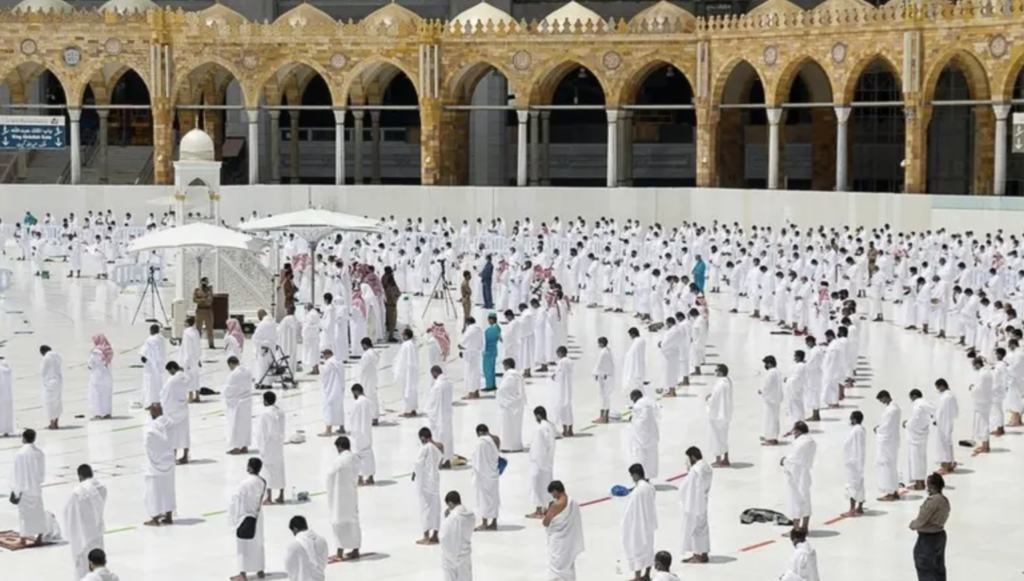
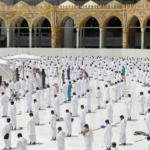


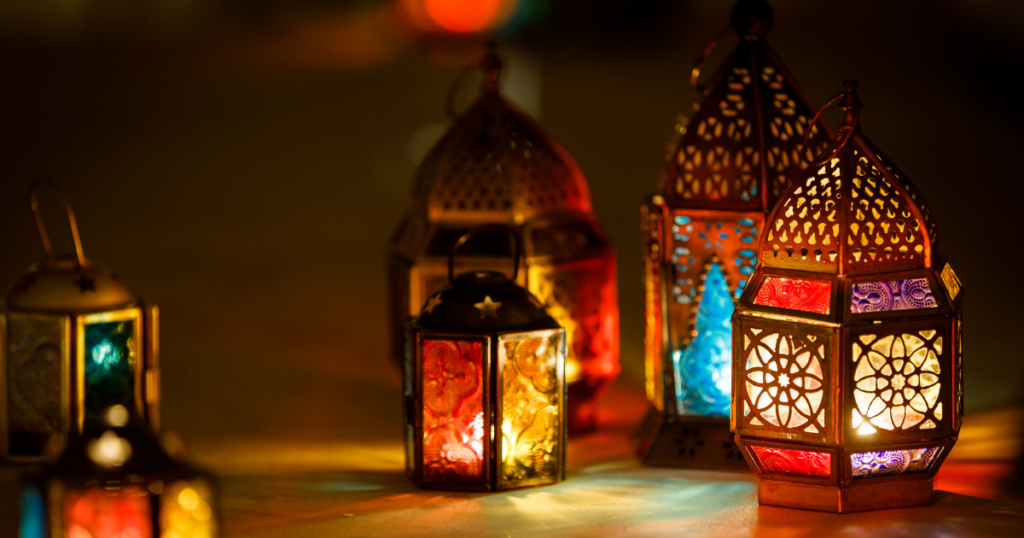
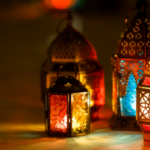
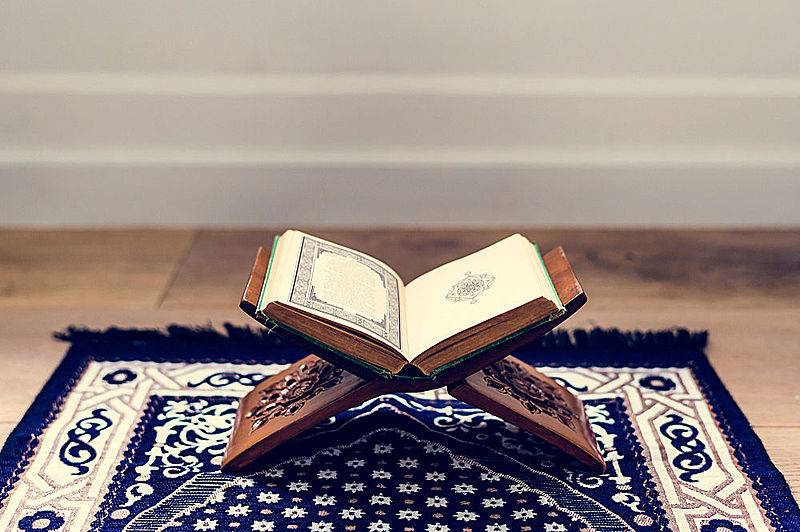

One Reply to “Healthy Eating During Ramadan – Ramadan Meal Plan”